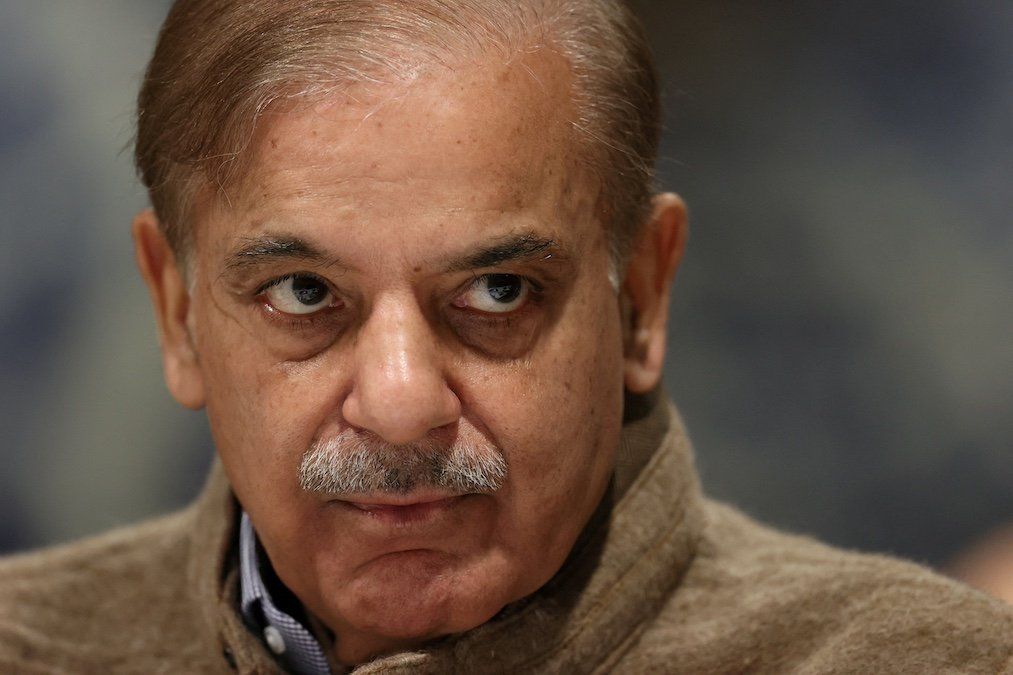201:Shehbaz Sharifsecured 201 votes in Pakistan’s parliament to become prime minister after a bitterly contested election in which former Prime Minister Imran Khan’s supporters shocked the establishment, delivering the greatest vote share to independent candidates allied to Khan.
170: Authorities in Burkina Faso say jihadist factions killed at least 170 people during raids into three settlements in the country’s north, as extremism spirals in the wake of a 2022 military coup. Jihadist violence has killed over 20,000 people and displaced 2 million in Burkina Faso, one of the poorest countries in West Africa.
51,000,000: Boeing is facing a hard landing, with the aerospace giant paying $51 million to settle over 200 violations of the Arms Export Control Act and the International Traffic in Arms Regulations laws, according to the State Department. The government says Boeing may have put national security at risk when its employees downloaded sensitive technical documents while physically located in China and Russia, among other countries.
244: After
winning GOP primaries in Michigan, Missouri, and Idaho on Saturday, former President
Donald Trump has 244 delegates - more than five times as many as his only remaining challenger,
Nikki Haley. Trump’s lead is set to grow this week on “Super Tuesday,” but Haley did win her first primary on Sunday in Washington DC, which nearly doubled her vote count.
